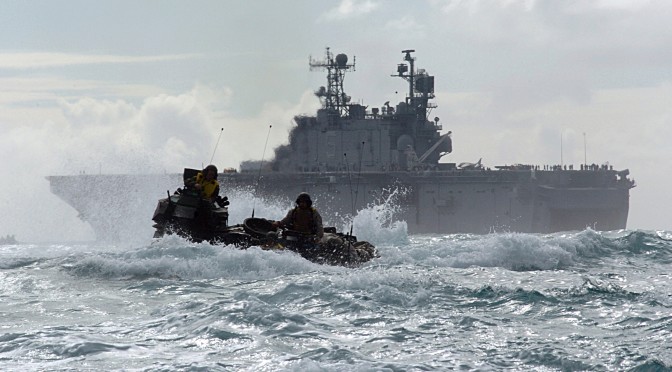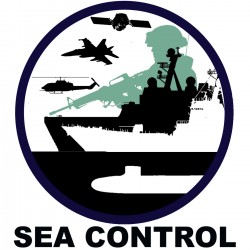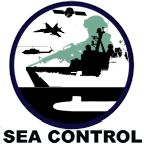On Sunday, 26 October, the Defense Entrepreneurs Forum hosted an innovation competition sponsored by the United States Naval Institute. $5,000 in prizes were awarded after the eight contestants made their pitches. This is the second prize winner posted originally at the DEF Whiteboard.
SECOND PLACE WINNER
Contestant: Charlie Hymen, US NAVY
Access to the Navy’s abundance of official information is too limited. This is a problem recognized by leaders onboard ships and in operational units at sea. There is no shortage of official military guidance that discusses a leader’s responsibilities pertaining to basic administration, personnel management, and professional development, but this information is often embedded in large, cumbersome documents that one must access from a computer. This proves challenging for those at sea, as computers are scarce resources on many vessels. Furthermore, inexperienced officers and junior Sailors have difficulty locating the correct information needed at any given time because they simply do not know where find it.
eDIVO will solve these inefficiencies. As a mobile application that will be available through the Apple Store and Google Play in February 2015, eDIVO will provide access to the most commonly used and referenced Navy documents and serve as a quick reference management and education tool for Navy leaders of all ranks. The mobile application will also extract the most important information contained in these documents and organize it in a logical, user-friendly format. All information included in the application is nonproprietary, and the vast majority will be accessible free from internet connectivity. Whether conducting an inspection in the engine room, training with peers while navigating around the world, or mentoring a struggling Sailor at sea, eDIVO will enable leaders to provide accurate guidance to their subordinates, peers, and superiors at any time and in any place. No longer will one be required to waste valuable time finding access to a computer, locating pertinent documents, and printing the applicable pages; a user’s personal mobile device is the only hardware necessary.
Topics of focus within eDIVO include, but are not limited to, legal and financial guidance, operational safety precautions, basic navigation principles, sexual assault reporting procedures, and suicide prevention measures. Armed with the Navy’s official guidance on these subjects, leaders will be able to shave from their workweeks hours spent searching for information. Not only will leaders be empowered to provide accurate guidance, but they will also have more time available that can be devoted to leading their teams, learning their jobs, strategizing against potential threats, and ultimately becoming more effective and informed leaders.
The Navy has provided initial funding to develop the first version of this mobile application. While approximately 75% of information contained within eDIVO is applicable to all ranks and specialties in the Navy, the initial version is tailored to leaders serving on ships. Future versions of eDIVO will be customized to those in other specialties. On a broader level, eDIVO represents the first operationally focused mobile application funded within the Department of the Navy. Its success, and the lessons learned from its development, will shape the Navy’s policy for all future mobile ventures.





 Alex Clarke interviews Major General (ret) Nick Vaux, Royal Marines who, in 1982, was a Colonel and the Commanding Officer of 42 Commando. He is the author of two books:
Alex Clarke interviews Major General (ret) Nick Vaux, Royal Marines who, in 1982, was a Colonel and the Commanding Officer of 42 Commando. He is the author of two books: